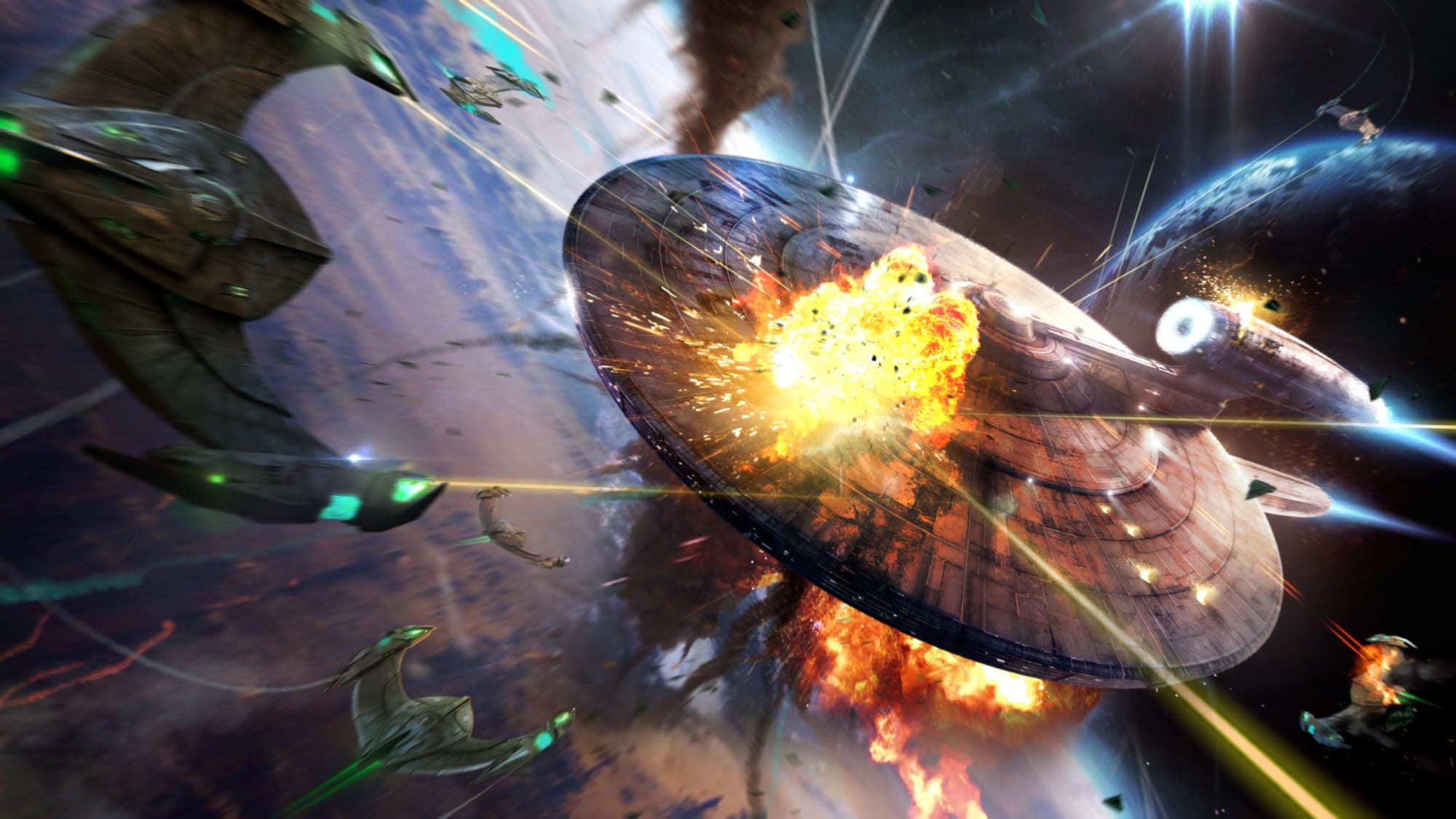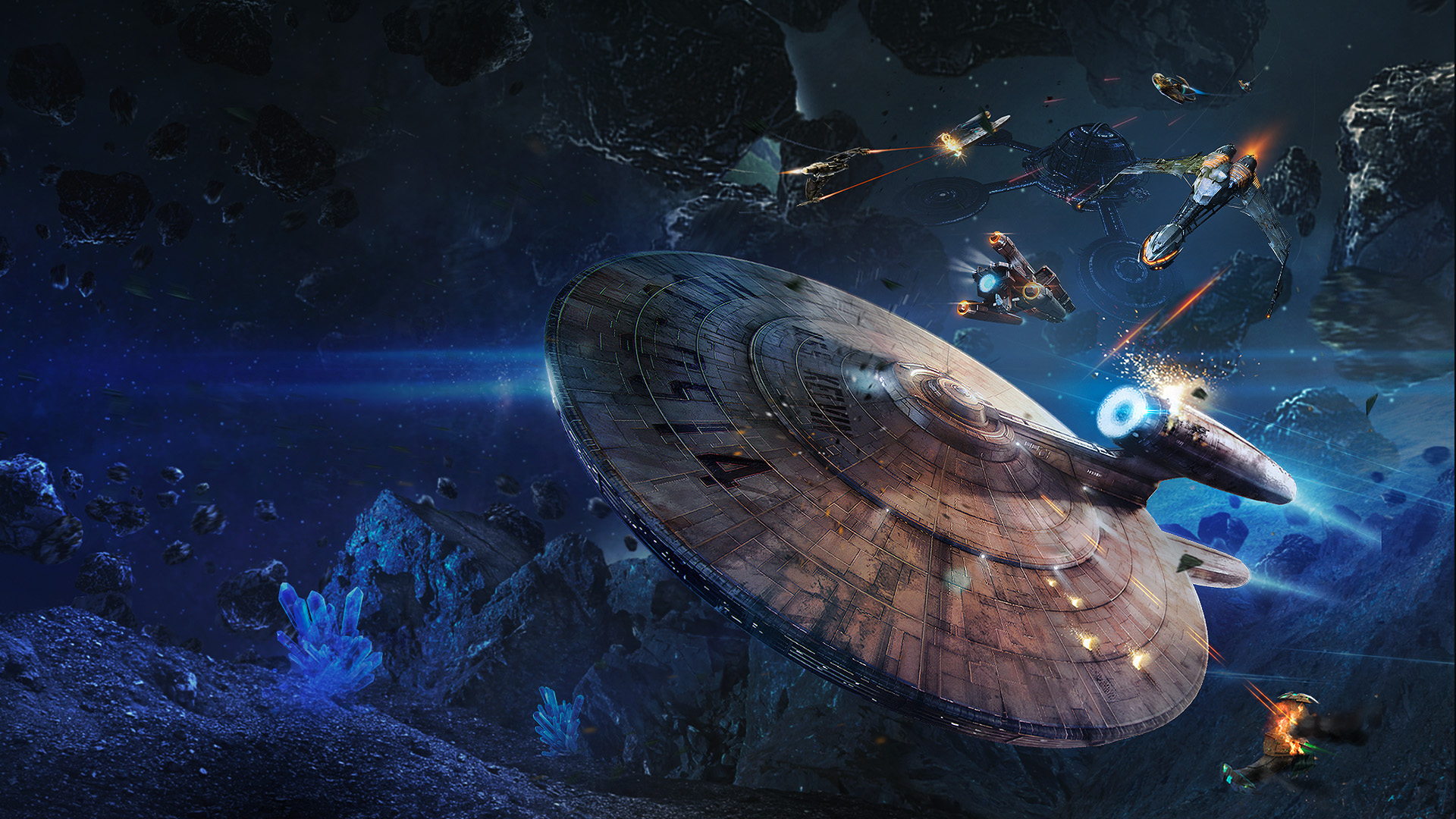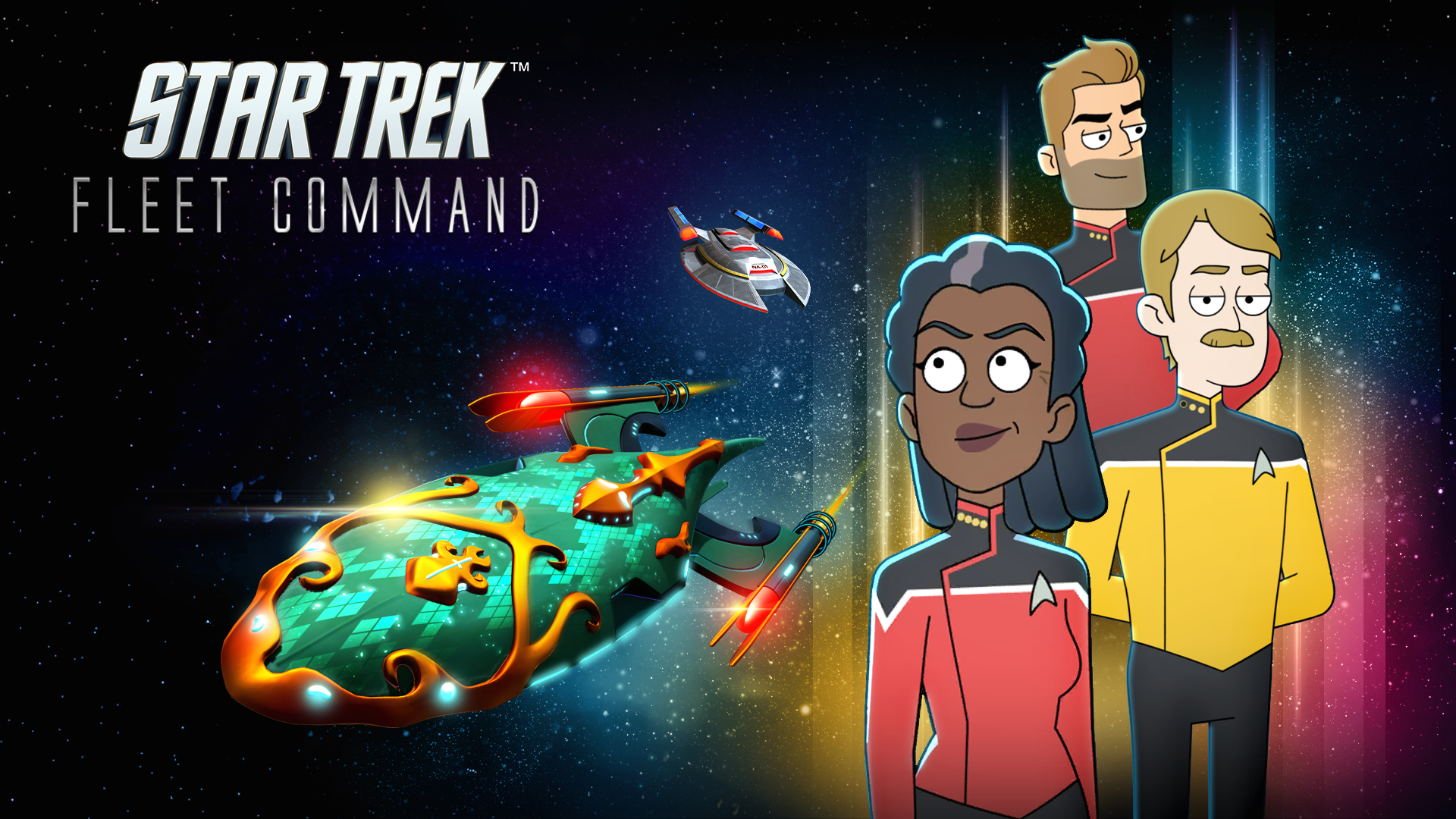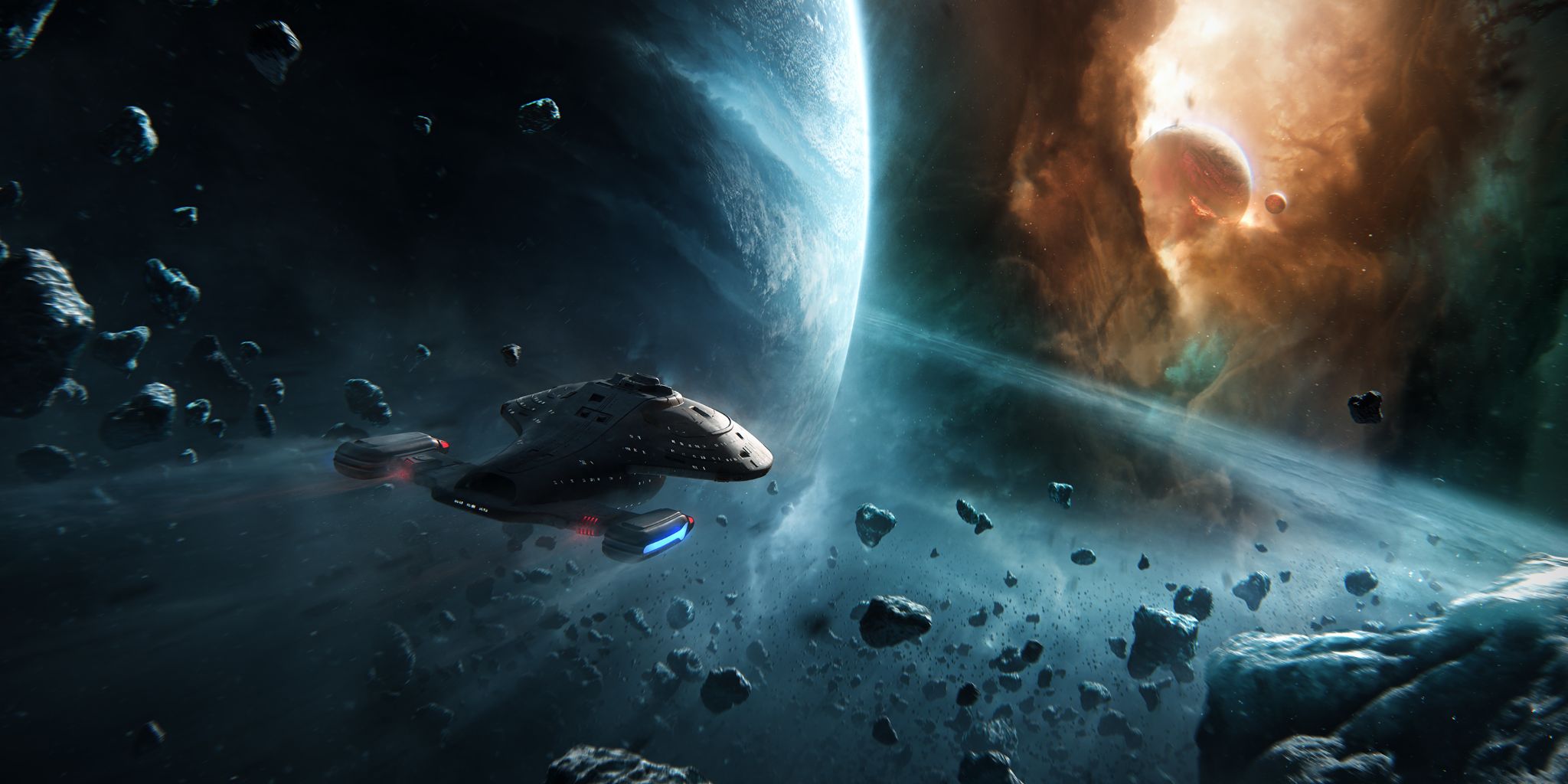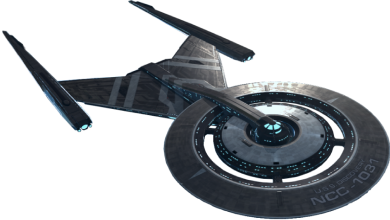Another community post by our very own commander and content creator Fortis! Follow him here
It has always amazed me when people question and ask what I am doing.
I have spent more than a year now playing Star Trek Fleet Command – and when I mean play I mean literally over 3000+ hours on average.
There are a lot of people who have questioned what I have done and even more, have seen it as a waste of time.
Aside from the fact that I’m a content creator for STFC, leading a successful alliance, and helping out lots of players every day, here are a few lessons I learnt from mobile gaming that still has an astounding impact on who I’ve become today…
Sincerity and Consistency Equals Success
In 2018, Star Trek Fleet Command introduced players to the PvP system. Players are awarded points and prestige for winning battles plus defeating other players in combat. Every week, there’s some sort of event, where people get the chance to compete and win prizes. The more points you collected, the higher the rewards and you can reinvest this in PvP battles.
For almost 6 months straight, I focused on defeating players, trying to raise my PvP ranking on the server. I would pull 4 hours per day on weekdays and sometimes 8 hour periods on weekends.
Looking back, it taught me an incredible lesson in relation to sincerity and consistency. Every couple of days, the PvP points system would be calculated. Every couple of days, I would close my eyes in tiredness, and every couple of days, I would push myself further to achieve my goals. I eventually learnt I needed to choose my targets well. When I decided to strike, I needed to think very hard on why I was engaging them and what I would get out of it.
In the end, I found out I discovered the lesson. I needed to analyze my behaviour over a long period of time. By doing this, I learnt to be more respectful to others and remain consistent when faced with difficulties.
Don’t Fill Up on the Buffet Straight Away
STFC has taught me the importance of taking smaller ‘bites’ on regular days and ‘pigging out’ only when you need it.
For a long time in the galaxy, I used a lot of time I could have spent grinding or mining G3 materials on other things – I wanted to become one of those top players in the rankings. That’s what I used to care about. I didn’t care about the process or gathering vast amounts of materials. I didn’t care if I had epic officers or not (although, not having epic officers didn’t help). I didn’t care about not having vasts amounts of latinum (although you need some latinum to get by). What I cared about was bringing my ship into battle and having a good fight with my opponents.
As a result, I really rushed levelling and slowed on the ship tiering/research tree.
And when my alliance joined a coalition of alliances dedicated to ensuring ROE in the game, within a matter of weeks I climbed the ranks yet again.
It was a steep learning curve for me. All the time, I was learning to help organize group events and help level others up. This essentially meant a better server and a better playing experience for all – I became something else… something better.
The Number Doesn’t Define The Player
I have been very fortunate to play alongside some of the best players in STFC.
The server is small. The majority live by one code and one code only: Skill matters more than anything. Numbers don’t do much. The shiny ships don’t do much. How much resources you have doesn’t do much. The only thing the majority care about is being the best, and that teaches me a lot.
In some ways, this is completely different from the town I grew up in. For all of my life, I have been very privileged. Everywhere I looked, the only thing that really mattered was how much money you had and how many “ships” you had. The new car, the shiny shoes, the big house. The focal point for many was on the outward elements, instead of the important qualities that create a great STFC player.
Star Trek Fleet Command, and my friends in it, have given me new meaning into looking at things. My friend, specifically, a player that goes by the name of Starlord, is very set on this. If I or any others talked about the difficulty of doing missions or gathering resources, he would say, don’t focus on that. The only thing that matters is having fun and giving back to others. For days, we would test our strength and gather the knowledge we needed to succeed – it’s him I have to thank for turning me into a better player and making me realize it’s not the items you have that define you.
The only thing which shapes who you are is how you play and communicate in the game.
The Path Is Never Easy But It’s Worth It
When growing up, my parents told me “Do what you love. We will love you no matter what.” I told them I loved watching and playing video games – they kindly told me it wasn’t worth going for.
From about age 10, I soon realized not everyone will support you in what you do. And one of the hardest things for a child, no matter the age, is to hear from people you love that something is not worth pursuing.
I tried hard, really hard to do things my parents wanted me to do. I went to school and played the drums. I tried out at football. I took part in gym class. I had math tutors and tried to pass all my tests. None of these things made me as happy as playing games did.
Later on, playing STFC and hitting an Ops level I was happy with was no different than how I imagine great astronauts or drummers achieving (I use these examples because these people can sometimes spend years studying and training). When you are at the top of your game, you lose yourself in that game, just like an astronaut staring at the Earth, or a drummer lost in the rhythm. Everything you focus on just happens. Everything locks into place. You don’t have to struggle. You have to trust yourself that you are doing the right thing.
It has always been an uphill struggle to do what I love. I had long conversations with my parents. I stayed up late playing mobile and video games. I often did whatever I had to do in order to keep playing the games I loved.
In the end, it left me with a good takeaway lesson. Not everyone in your life is going to understand – that’s ok. It’s important to keep your dreams alive, no matter what happens.
Mobile and video games build not only a sense of worth but valuable skills which you will continue using throughout life. They are not a waste of time. Play them well.
